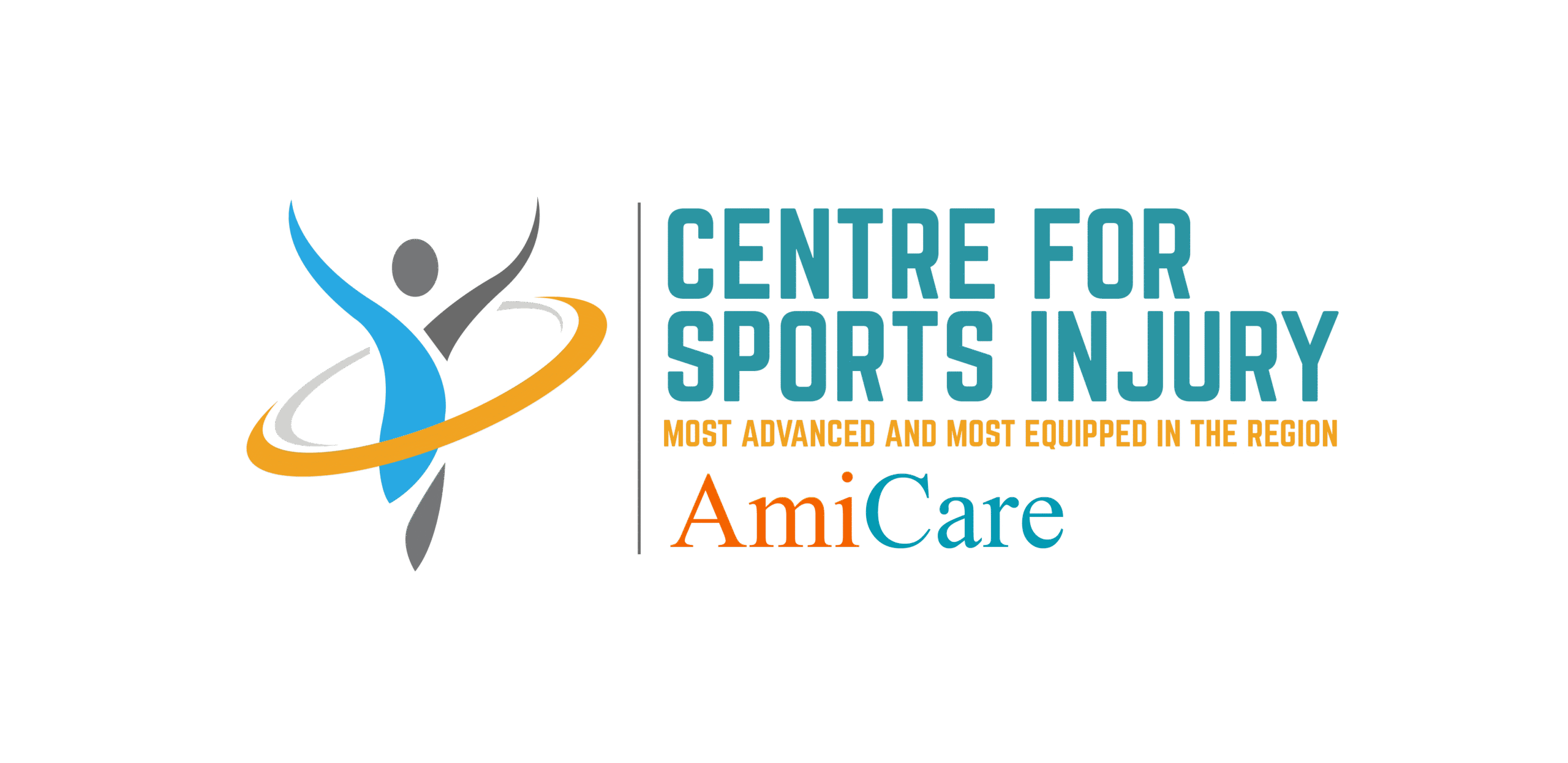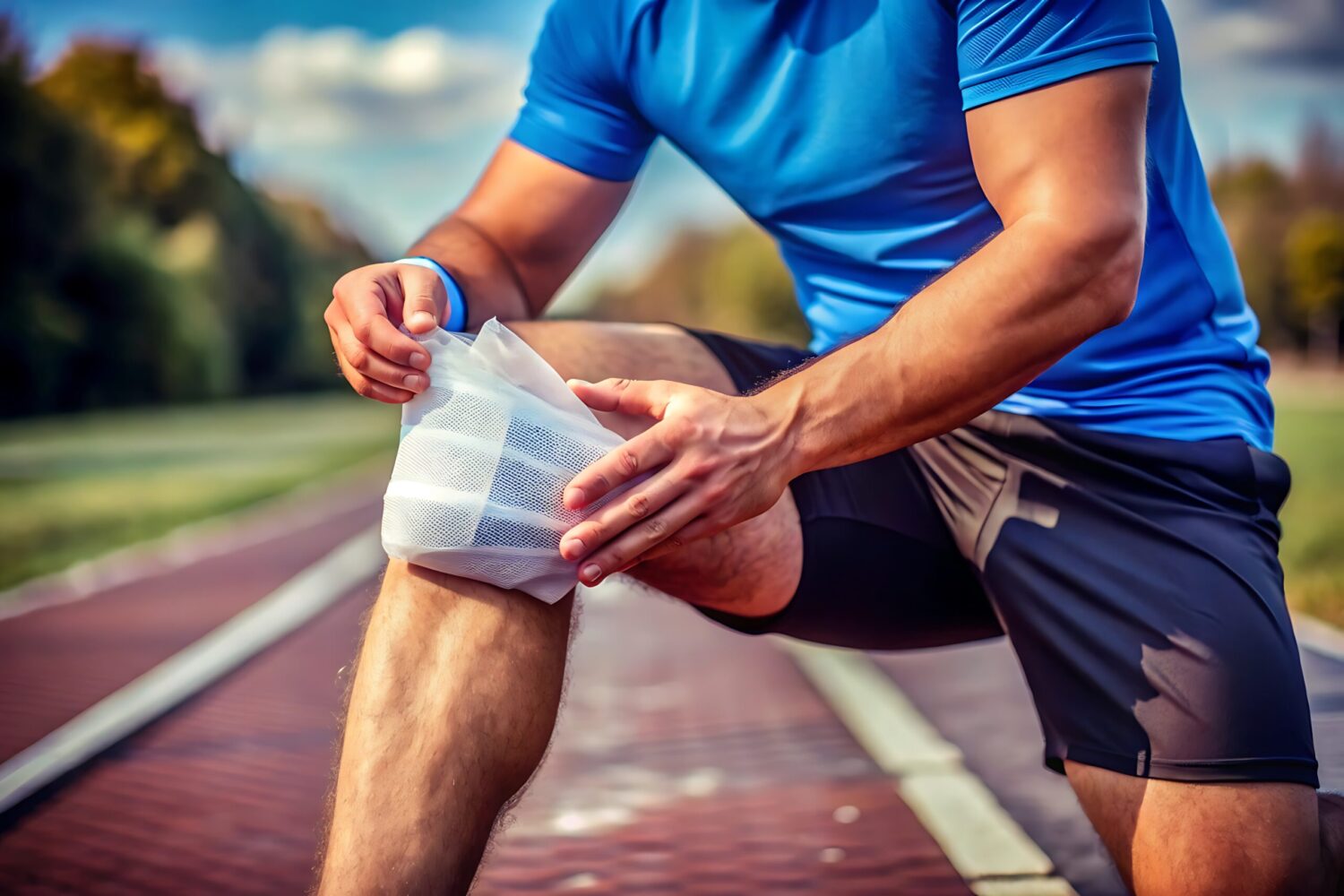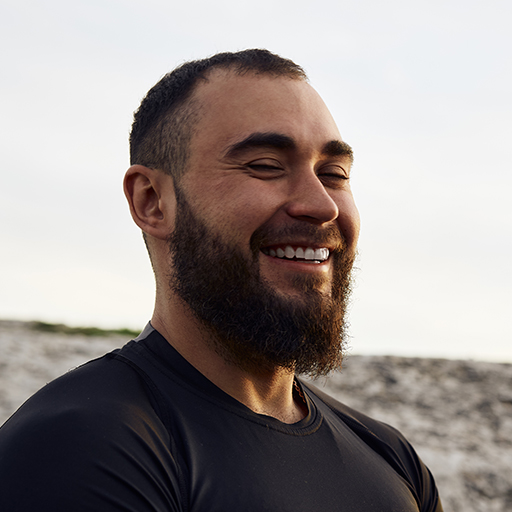Knee Dislocation
Best Hospital for Dislocated Knee Treatment in Ghaziabad
A dislocated knee can stop athletes and active individuals from enjoying sports or daily tasks. At
Amicare Hospital, our dislocated knee treatment in Ghaziabad helps you get back to cricket,
football, or running with confidence. Led by Dr. Himanshu Gupta, an orthopedic surgeon with
over 10 years of experience and training in Germany, Singapore, and Japan, our team has
performed over 1000 knee surgeries with a 95% success rate (Amicare data, 2018–2024).
Using advanced robotic surgery and custom plans, we ensure a fast recovery for knee joint
dislocation or knee bone dislocation. Whether you’re a local athlete or an active professional,
Amicare offers expert dislocated knee treatment to restore knee stability.

What Is a Knee Dislocation?
A knee dislocation happens when the bones in your knee (thighbone, shinbone, or kneecap) shift out of place, often damaging ligaments or cartilage. Unlike minor injuries, knee joint dislocation is serious and common in high-impact sports activities like football, cricket, or basketball. According to the American Academy of Orthopaedic Surgeons, knee dislocations account for less than 1% of orthopedic injuries but require urgent care to avoid complications.
Athletes face risks from quick turns or tackles, while accidents like falls also cause knee bone dislocation. Amicare’s knee treatment uses advanced diagnostics to identify the injury and create a custom recovery plan.
Types of Knee Dislocations
Knee dislocations differ by direction and seriousness, each requiring specific dislocated knee treatment. Amicare customizes care to match your injury type:
- Anterior Dislocation: The shinbone moves forward, often from football tackles or car accidents. Common in sports.
- Posterior Knee Dislocation: The shinbone shifts backward, typically from high-impact crashes. Rare but serious.
- Medial Dislocation: The knee shifts inward, often damaging the medial ligament, commonly seen in basketball.
- Lateral Dislocation: The knee shifts outward, less common but possible in wrestling.
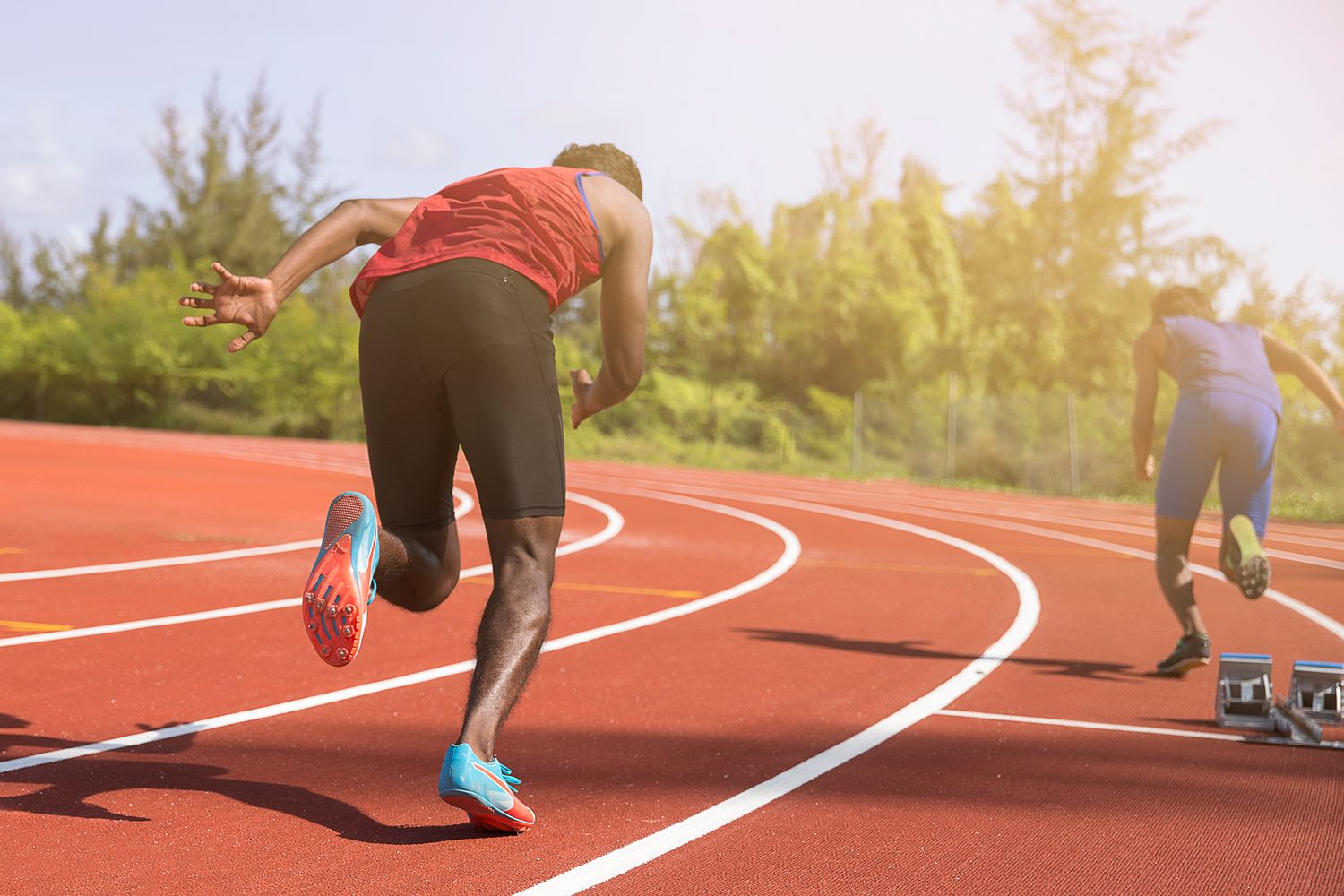
Notice the Signs Before It’s Serious
Know the signs of a dislocated knee before it worsens.

Severe Knee Pain
Intense pain or soreness, often around the medial joint.

A Sharp “Pop” Sound
Common at the moment of injury, especially in athletes.

Visible Deformity
Misalignment or unusual shape of the knee.

Diagnosis of knee joint dislocation
At Amicare, we use advanced tools to diagnose knee joint dislocation and create custom treatment plans. Dr. Himanshu Gupta, with over 1000 knee surgeries, leads our process: Medical History Review: We assess your activity level (e.g., cricket, running) and injury details.
- Physical Exams: Tests like Lachman’s or pivot-shift to check knee stability and ligament damage.
- Imaging: MRI to identify dislocation type (e.g., anterior dislocation) and associated injuries (e.g., medial ligament knee); X-rays to rule out fractures.
- Functional Assessment: Evaluating knee movement to customize dislocated knee treatment for athletes.
Our sports injury centre ensures accurate diagnosis to prevent complications.
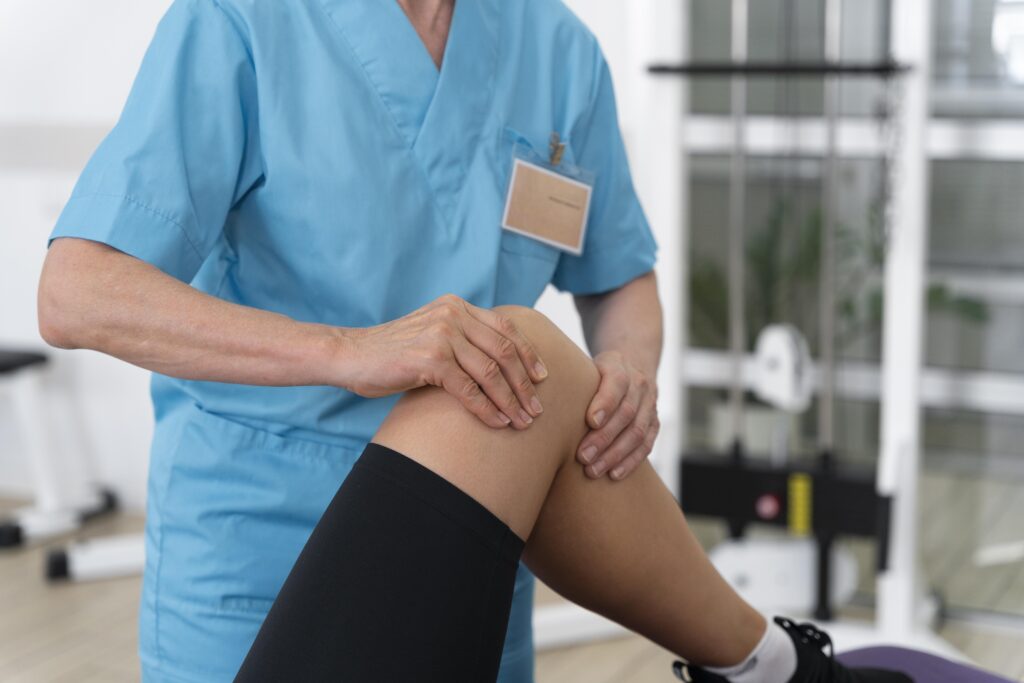
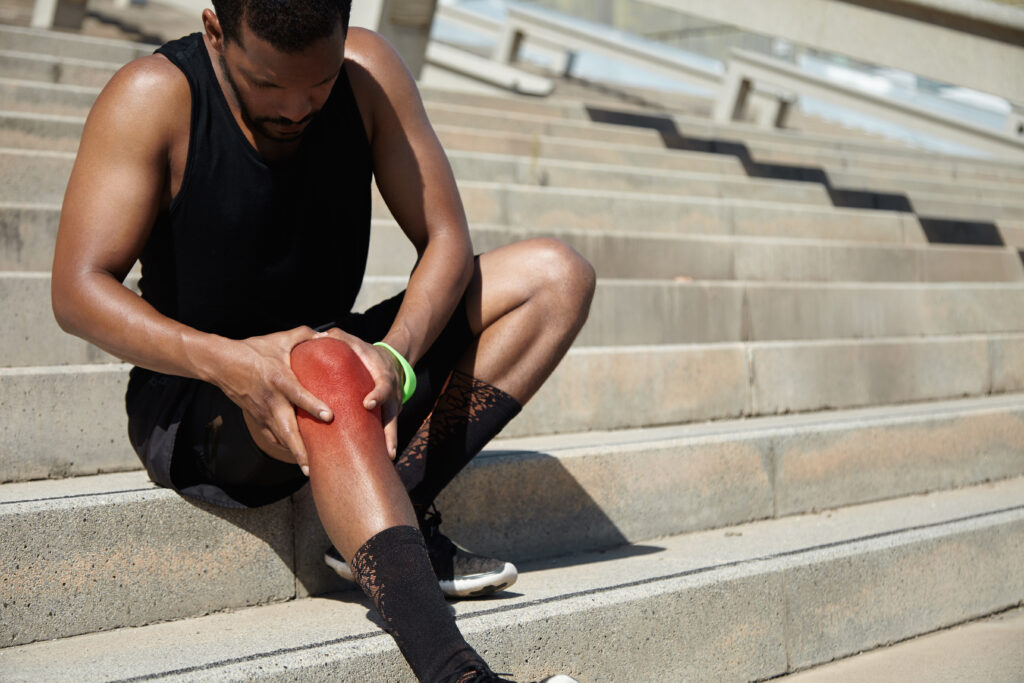
Risks of Delaying Treatment
Ignoring a knee joint dislocation can lead to serious issues:
- Chronic Pain: Ongoing medial knee pain affecting sports or walking.
- Knee Instability: Increased risk of falls, especially in sports leagues.
- Nerve or Vascular Damage: Reduced blood flow or sensation, risking long-term issues.
- Secondary Injuries: Damage to ligaments (e.g., ACL, medial ligament knee) or
cartilage. - Early Arthritis: Joint wear causing mobility problems.
Amicare’s quick dislocated knee treatment prevents these risks, helping you return to sports activities.
Dislocated Knee Treatment Options
Amicare offers surgical and non-surgical treatments for dislocated knees in Ghaziabad, customizing care plans to match each patient’s injury type, recovery goals, and overall health needs.
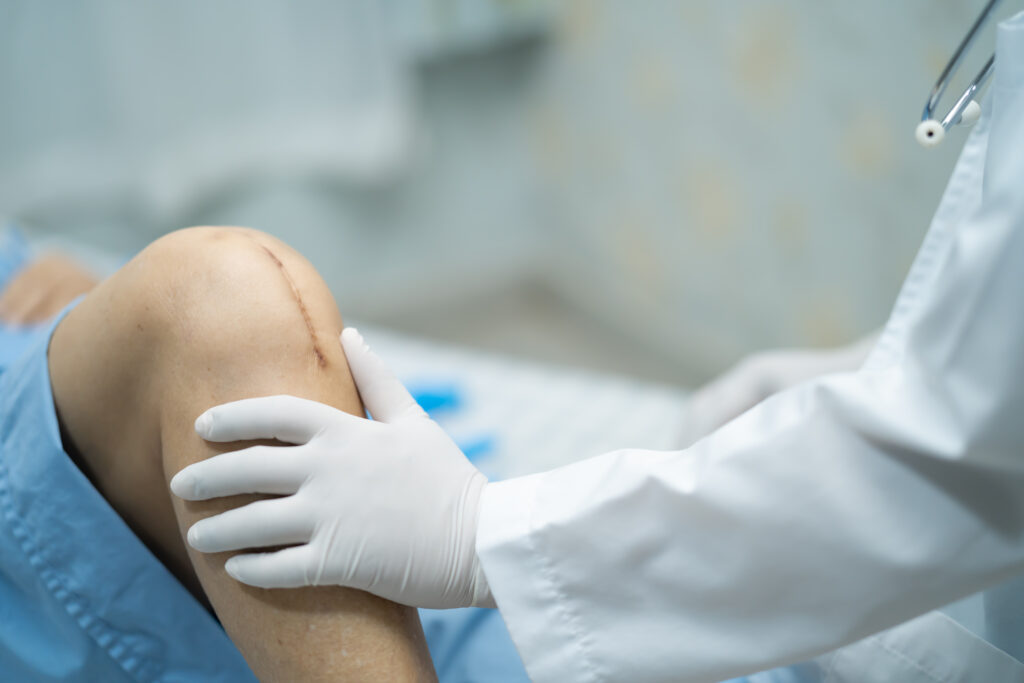
Surgical Treatment
- Moving bones back into place with anesthesia, usually for sudden knee bone dislocation.
- Stitching torn ligaments (e.g., the medial ligament knee) to restore stability.
- Uses small incisions and a camera for precise repairs, minimizing scars. Takes 1–2 hours with a <1% infection rate (Amicare data, 2018–2024).
- 95% of patients return to sports in 6–12 months.
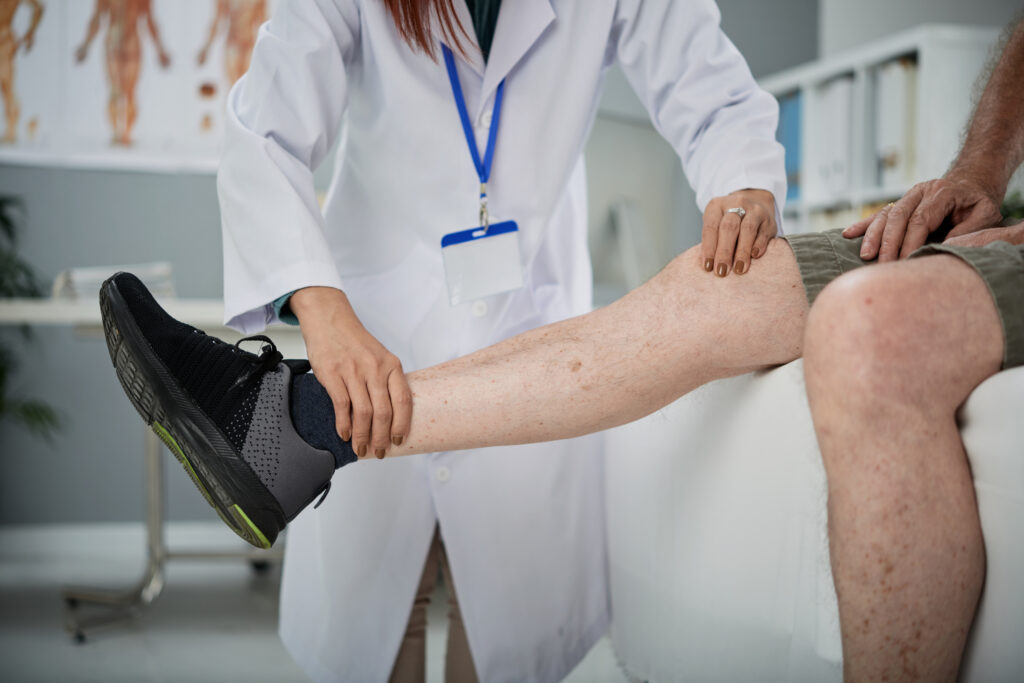
Non-Surgical Treatment
- A knee support to keep your knee steady while it heals.
- Simple exercises to build stronger thigh and calf muscles for better knee recovery.
- Injections that help your knee tissue heal faster, perfect for smaller injuries.
- Resting, icing, wrapping, and elevating your knee to ease swelling
- Medicines to reduce discomfort and inflammation, helping you move more easily during recovery.
- Adjusting daily movements and sports activities to avoid further strain on the healing knee.
Surgical vs. Non-Surgical Options
| Treatment Option | How It Works | Ideal Candidates | Recovery Time | Key Benefits | Limitations |
|---|---|---|---|---|---|
| Arthroscopic Surgery | Realigns bones and repairs ligaments via small cuts | Athletes with severe dislocations | 6–12 months | Precise repair, faster recovery, ~95% success rate | Requires surgery, longer rehab |
| Non-Surgical (Bracing, Therapy) | Stabilizes the knee and strengthens muscles | Minor dislocations, less active patients | 2–4 months | No surgery, quicker return to routine | May not suit intense sports |
Advanced Technology at Amicare
Amicare uses cutting-edge tools for dislocated knee treatment:
- Robotic Surgery: Robotic systems help Dr. Himanshu Gupta perform highly precise ligament repairs and joint realignment. This reduces tissue damage and improves
recovery by up to 20%, especially for complex injuries like posterior or rotatory dislocation. - 3D Imaging: Advanced MRI and CT scans offer a clear view of bone displacement and ligament tears, enabling customized treatment plans for each injury.
- Rehab Equipment: Our sports-focused rehab machines help rebuild muscle strength and restore function with better accuracy—essential for athletes returning to high-impact sports.
Dr. Gupta’s expertise and our technology ensure faster, safer recovery for patients.
Recovery After Knee Dislocation Treatment
Recovery varies by treatment and activity level. Amicare’s custom plans, led by Dr. Gupta, help
athletes regain strength:
Recovery Timeline
- Weeks 1–2: Use RICE (rest, ice, compression, elevation), crutches for surgical patients.
- Weeks 3–8: Light walking, knee dislocation treatment exercises (e.g., leg raises), and bracing.
- Months 3–6: Strength exercises (e.g., squats) for knee stability.
- Months 6–12: Sport-specific moves (e.g., turning for cricket) to return to play
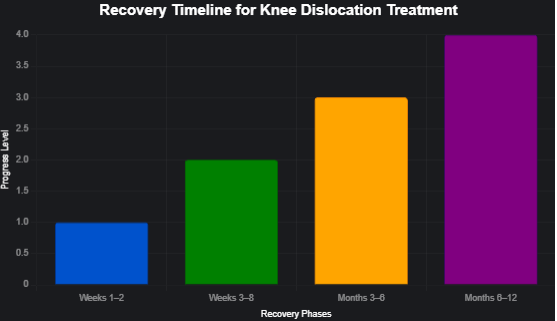
Why Athletes Trust Our Sports Injury Centre for Dislocated Knee Treatment
Amicare Hospital is trusted by 750+ athletes across Ghaziabad and Delhi NCR for expert dislocated knee care. With same-day diagnostics, clean facilities, and a dedicated rehab team, we help patients return to sports or daily activities faster. Our advanced robotic-assisted systems, personalized treatment plans, and high success rates under the guidance of Dr. Himanshu Gupta make us the preferred choice for sports injury recovery.

Cost of Knee Dislocation Treatment
Knee dislocation treatment costs vary by injury severity, treatment type, and hospital stay, with Amicare offering precise care at transparent, affordable prices.
The cost of dislocated knee treatment depends on factors like treatment type (non-surgical vs. surgical), surgery method, injury severity, and hospital stay duration. Advanced options like robotic-assisted surgery may cost more but offer greater precision and faster recovery. Amicare ensures transparent pricing and affordable care for every patient.
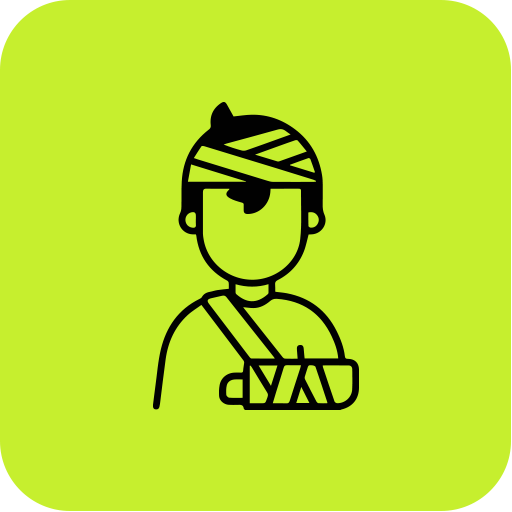
Injury Prevention Tips for Athletes
Preventing knee dislocation involves proper warm-ups, strength training, safe techniques, supportive footwear, and balanced diet with rest for joint recovery.
Preventing knee joint dislocation is essential for athletes. Dr. Gupta recommends warming up with dynamic stretches, strengthening muscles with squats and lunges, using proper techniques, wearing supportive footwear, and maintaining a protein-rich diet with adequate rest.

Cost of Knee Dislocation Treatment
Knee dislocation treatment costs vary by injury severity, treatment type, and hospital stay, with Amicare offering precise care at transparent, affordable prices.
The cost of dislocated knee treatment depends on multiple factors, including:
- Treatment Type: Costs vary significantly between non-surgical methods like bracing and physiotherapy, and surgical options such as arthroscopic or open ligament repair.
- Surgery Method: Advanced procedures like robotic-assisted surgery may add to the
cost but offer greater precision and faster recovery. - Seriousness of Injury: Complex dislocations involving ligament damage (e.g., posterior or rotatory dislocation) often require more intensive treatment, impacting the overall cost.
- Hospital Stay: Inpatient care for surgical cases typically requires 1–2 days of hospital
stay, which can also influence the total expense.
Amicare offers transparent pricing and support, making knee dislocation treatment affordable for patients.

Injury Prevention Tips for Athletes
Preventing knee dislocation involves proper warm-ups, strength training, safe techniques, supportive footwear, and balanced diet with rest for joint recovery.
Preventing knee joint dislocation is key for athletes. Dr. Gupta’s tips:
- Warm-Ups: 10–15 minutes of dynamic stretches (e.g., leg swings) before sports.
- Strength Exercises: Squats and lunges to support the knee.
- Proper Technique: Avoid twisting during turning in cricket or football.
- Footwear: Use supportive shoes for grip on uneven fields.
- Diet and Rest: Eat protein-rich foods (e.g., eggs, lentils) for knee dislocation recovery
food and rest to avoid overuse.
Frequently Asked Question
A knee dislocation occurs when the knee bones shift out of place, often damaging ligaments.
Amicare’s treatment ensures fast recovery.
Dislocated knee symptoms include serious medial knee pain, swelling, a “pop” sound,
deformity, and instability. Amicare’s diagnostics confirm the injury.
Dislocated knee recovery time ranges from 2–4 months for non-surgical treatment to 6–12 months for surgery, depending on the injury.
Arthroscopic surgery is a minimally invasive procedure using small incisions. Amicare’s techniques lower risks and speed up recovery time for a dislocated knee.
Quick turning, tackles, or jumps in sports activities like cricket or football cause most
dislocations, treatable at Amicare.
Yes, 95% of Amicare patients resume sports in 6–12 months with custom dislocated knee
treatment plans.
Surgical treatment (e.g., arthroscopic repair) fixes severe dislocations, while non-surgical options (e.g., knee support for dislocation) suit minor cases
